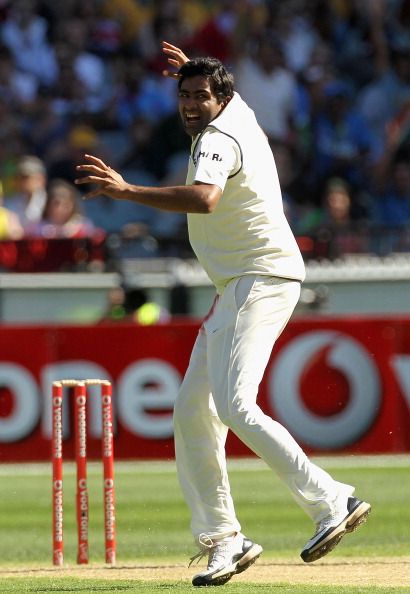
Top 5 "Spirit of the game" moments in cricket
“Play on – They have come to see me bat and not for you – umpire.”
Those were the words which came from the mouth of none other than WG Grace when he was out clean bowled. Not only did he bully the umpire but also he kept on playing. Thankfully though, it seems none of the cricketers have inherited the arrogance and the lack of sportsmanship of the late Englishman – or at least not to that extent. I do not mean to say that all of them have been “walking” ever since, even without the adjudication of the umpires if they had felt they were out. But the fact is when the umpires give them out, if not willfully, at least they reluctantly go back to the hut and they do not force the umpire to reverse the decisions. There is a sense of sportsmanship still prevailing and the spirit of the game has never deteriorated to its dingiest low.
In the heat of the moment, one or two stray incidents have happened in cricket and the same cannot be totally denied. But on the whole, cricket has been perceived as a “gentleman’s game” from time immemorial and so far it has somehow succeeded in living up to its reputation. Not many cricketers turn dishonest by claiming catches of bump balls and very few of them even attempt taking a second when throws from fielders get deflected off their bats even as they were running. So much so, the umpires feel comfortable asking the fieldsmen at the boundary lines to know if the ball bounced before the ropes or not rather than going upstairs. This shows clearly that the game is being played with true spirits most of the time – barring a few odd incidents – which have also, by the way, vanished as passing clouds.
Now let us begin our countdown on rating the top 5 moments in cricket which saw the players displaying right sense of spirit and sportsmanship, irrespective of the situation in which their teams were in.
5) R. Ashwin mankading Thirimanne:
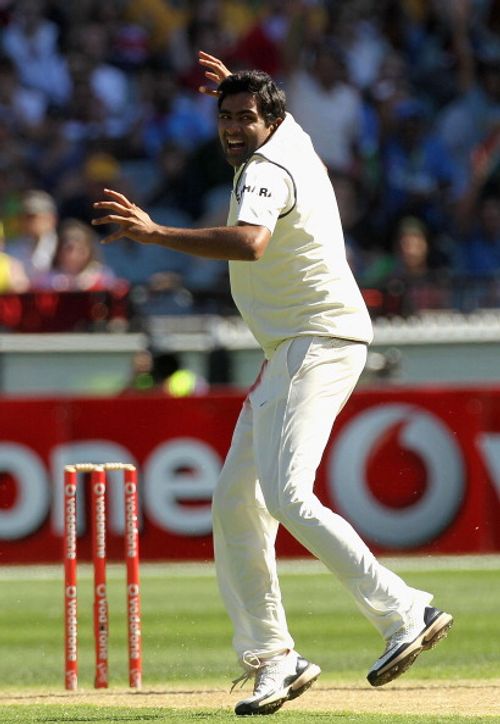
Though winning matches are important for a team, the players realize it is more important to winning the hearts. Even if the rules legalize certain types of dismissals in cricket, the cricketers are ready to overlook them keeping spirit of the game utmost in their minds. In one of the group matches of the Commonwealth Bank Series in Australia involving India and Sri Lanka earlier this year, Ravichandran Ashwin mankaded the non striking Sri Lankan, Lahiru Thirimanne for backing up too much from the bowler’s crease even before the ball was bowled. This type of run out, which was named after former Indian cricketer, Vinoo Mankad who was the first one to have ever attempted it, is perfectly legal as per cricketing laws.
We have seen Kapil Dev dismissing Peter Kirsten in South Africa in this fashion in 90s. But what transpired then was a friction between South African cricketer Kepler Wessels and all the Indian cricketers for the behaviour of the former, who was reported to have hit Kapil Dev’s knee with the bat, thereby burying the spirit of the game. In Thirimanne’s case though, the spirit was upheld as the stand in captain of India, Virender Sehwag, when he was consulted by the on field umpires – Paul Reiffel and Billy Bowden, agreed to withdraw the appeal and let the batsman stay at the wicket. This averted the cold war which would have otherwise been spurred between the two teams, had the captain gone ahead with the appeal.
4) Vettori’s gesture in a match against Zimbabwe:

New Zealand’s Daniel Vettori’s sportsmanship in Bulawayo won him the spirit of cricket award last year. In a closely fought match against Zimbabwe, he accidentally collided with the non striker Malcolm Waller which prevented the batsman to go for a single. But at the same time, the striker at the other end came half way down the wicket which allowed the Kiwi wicket-keeper to remove the bails, which meant the batsman was out “run out.” But the left arm spinner wasted no time in indicating to his players and the umpires that the incident had happened only because of his collision with the batsman, who would have otherwise taken the run comfortably. So, he declared that he was taking back his players’ appeal and would like to see the batsman, Regis Chakabva to continue his innings. Vettori really deserved this award because he did it without anyone’s intervention and influence.
3) Recalling of Ian Bell by M.S.Dhoni:
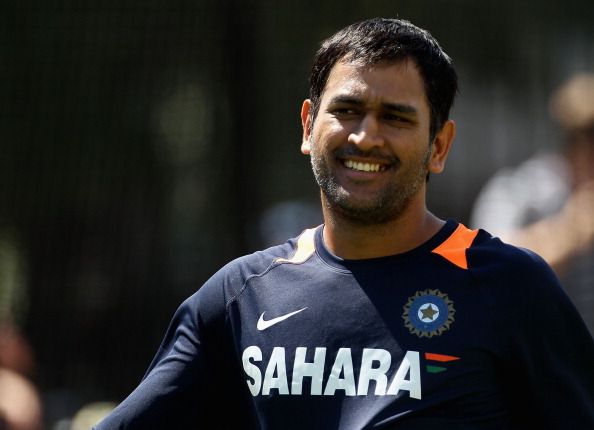
Though MSD and his men suffered a 4-0 drubbing at the hands of England in the middle of last year, there was one particular incident which won them many fans all over the world. The English batsman, Ian Bell, left his crease and started walking back to the pavilion, assuming that the ball struck by Morgan reached the boundary. The ball was not dead and Bell was short of the crease as the bails were removed after the outfield fielder threw the ball back. This invited boos from the English crowd who presumed that their hero was robbed and the Indian players had foxed him. If you had viewed the whole incident, you would only blame the senseless act of Bell, who, despite having so much of experience walked off the field, without knowing the status of the ball.
However, Andrew Strauss and Andy Flower went to the Indian dressing room and requested Dhoni for reinstating the England batsman post tea session. The Indian captain consulted his team mates out there and accepted to put Ian Bell back on play. Though the mistake was purely because of the negligence of the batsman, Dhoni thought it would be wise to get on with the game without disheartening the opposition players as keeping the spirit alive was important than winning the match itself. This act of MSD won him and his players enough praises from all quarters though there have were a few who criticised his act in disapproval.
2) Asking Bob Taylor to bat again:
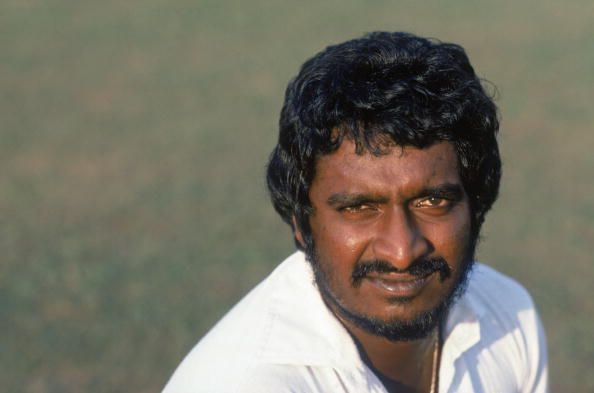
This happened in the year 1980 when the “square cut specialist”, Gundappa Vishwanath was captaining the Indian team. He was fielding at slips when Bob Taylor of England was batting in Mumbai test. One of the balls had him caught behind the wicket and the umpire upheld the appeal as well. But the Indian captain had other ideas. He doubted that the sound which was heard – was in fact the bat brushing the pad and not the ball hitting the bat. So, he went and asked Bob if he had nicked it and the batsman replied negatively.
So, without further ado, Vishwanath went to the umpire and explained the situation to him. He said Bob was not out and so should be allowed to play again. Since the captain of India requested so, the umpires had no other go but to reverse their decision. Vishwanath, who was always known for his no nonsense approach, added another feather to his cap after this commendable deed.
1) Rohan Kanhai and Sunil Gavaskar:
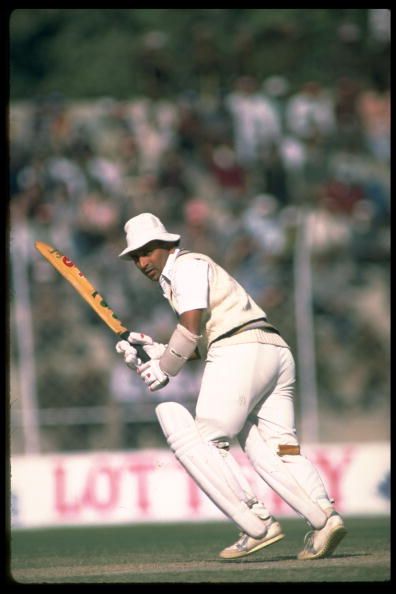
It was not just because Gavaskar was a fan of West Indian great Rohan Kanhai, did he keep his son’s name after him. There was one more reason for that. When Gavaskar was still a youngster and a new entrant to cricket in his 20s, he had an opportunity to play against the best side in the world, the West Indies. Rohan Kanhai, who was much older and experienced than the Indian batsman, used to give him inputs to play pace bowling properly. The West Indian batsman not only offered him some tips while the two were off the field, but even during the times when they were on the field.
Whenever Sunil Gavaskar miscued or mistimed the ball or for that matter got beaten by West Indies quickies, Kanhai used to grunt expressing his unhappiness with the way the young Indian batsman was batting. In fact, he used to advise him even in the field though he was in the opposite team. Gavaskar loved the way Kanhai treated him and helped him during his stint against the West Indies in spite of the fact that he was his opposition. It did not matter for the West Indian batsman that Gavaskar was from his rival team and instead, he just wanted to develop the youngster who showed immense potential as an opening batsman. This incident has, more often than not, been recalled by the legendary Gavaskar whenever he had been in commentary box, as a mark of respect for the great West Indian.
To me this illustrates the spirit of the game more incisively than the rest of the four incidents what I have described above. According to Oxford dictionary, sportsmanship not only means playing the game fair and square but also it means respecting your opponents. While the first four incidents explained by me were related to fair play, the last one involving Rohan Kanhai was about respecting the opposition. In fact, I feel respecting your opponents should be the main facet of sportsman spirit and if it was made available then the inclination to play the game in a fair manner will follow automatically.